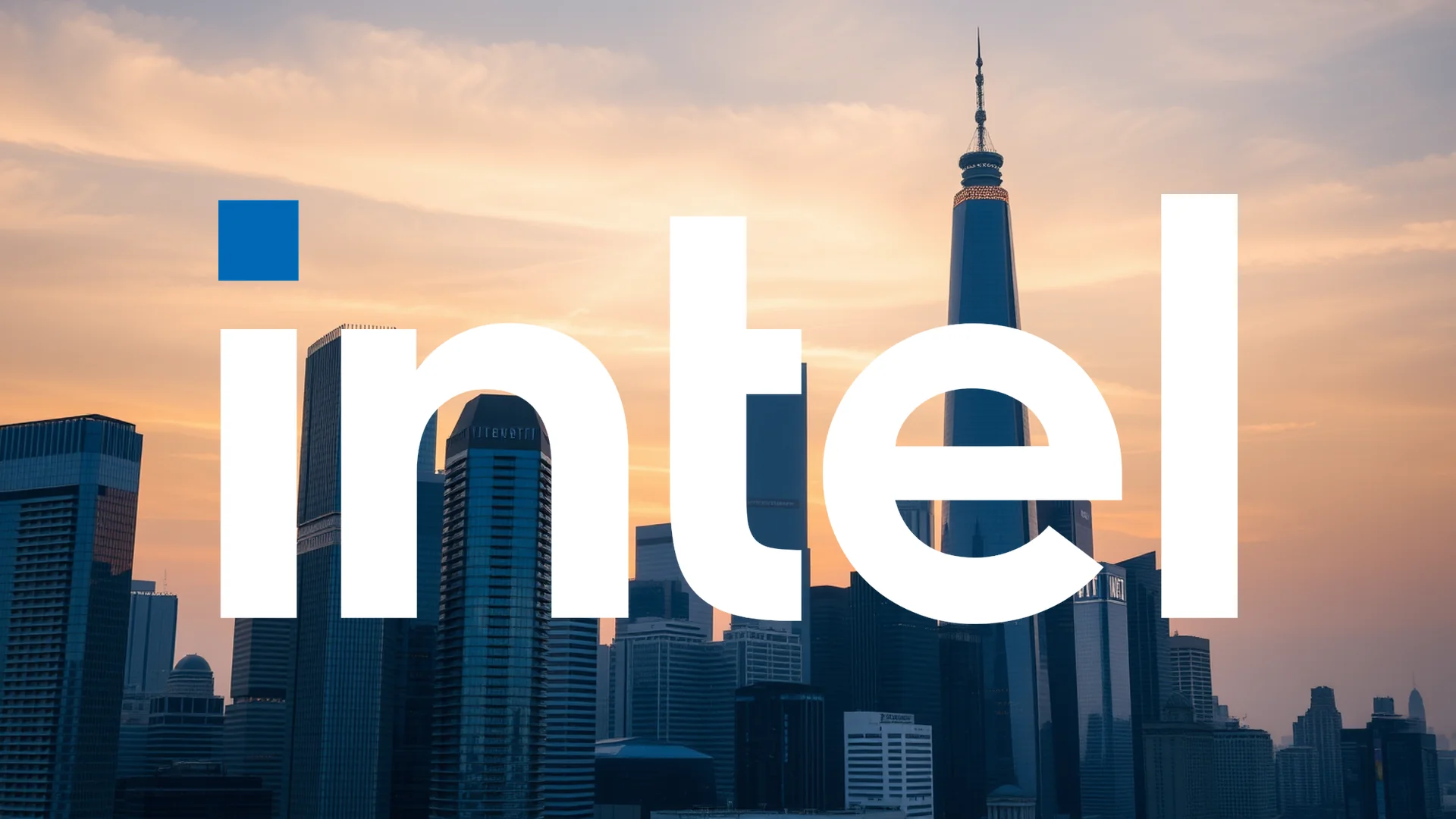In a landmark move that fundamentally alters Intel’s corporate structure, the US government has become a major shareholder in the semiconductor giant. Washington has acquired a nearly ten percent stake, effectively transforming the publicly traded company into a strategic asset for national security. This unprecedented level of state involvement raises significant questions for market participants regarding the future of their investment.
A Multi-Billion Dollar Equity Conversion
The core of this strategic shift involves an $8.9 billion investment by the US government, securing a 9.9% ownership position in Intel. This capital does not represent new funding but is instead a conversion of previously pledged federal grants. These grants, originating from the CHIPS and Science Act, have been transformed into direct equity in the company.
Through this arrangement, the government has obtained 433.3 million Intel shares at a preferential price. This equity conversion forms a central component of a broader support package designed to reestablish American leadership in the critical semiconductor manufacturing sector.
Strategic Implications: Geopolitics and Corporate Direction
This action positions Intel as a direct instrument of US industrial policy. The underlying message is clear: the administration aims to build a self-reliant chip production ecosystem and diminish dependence on foreign suppliers, particularly those from China. Intel is now slated to function as a key player for both artificial intelligence infrastructure and national security objectives.
Should investors sell immediately? Or is it worth buying Intel?
The strategic framework includes:
* A direct state investment of $8.9 billion for a 9.9% equity stake
* The conversion of existing CHIPS Act grants into company shares
* An additional $2 billion investment from SoftBank, signaling confidence from private investors
* Five-year warrants granting the government rights to acquire a further 5% stake if Intel’s foundry business unit falls below 51% company ownership
Cautious Investor Sentiment Prevails
Despite this substantial government backing, the market’s reaction has been measured. Analysts point to the new uncertainties introduced by state ownership. Intel itself has acknowledged potential risks, notably to its international operations, which generate the majority of its revenue.
Furthermore, this close government affiliation could potentially jeopardize future eligibility for foreign subsidies or trigger additional regulatory scrutiny in overseas markets. This creates a complex balancing act for a corporation operating on a global scale.
A New Chapter for Corporate Governance
A critical assurance is that the government’s stake is intended to remain passive, without board seats or special voting rights. Nevertheless, this development creates a fundamentally new dynamic for both investors and corporate strategy. Coupled with over $100 billion in committed private investment, Intel is positioning itself as a central force in the next generation of semiconductor technology—but now inextricably linked to the strategic ambitions of the United States.
Ad
Intel Stock: Buy or Sell?! New Intel Analysis from February 7 delivers the answer:
The latest Intel figures speak for themselves: Urgent action needed for Intel investors. Is it worth buying or should you sell? Find out what to do now in the current free analysis from February 7.
Intel: Buy or sell? Read more here...











